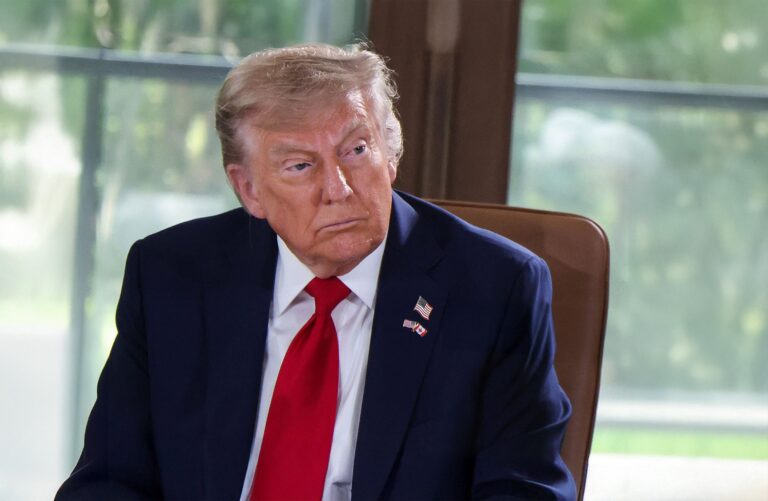US President Donald Trump signed an executive order that introduces a $100,000 fee for applicants to the H-1B visa programme. The order cites “abuse” of the system and blocks entry unless the sum is paid.
Critics argue the H-1B programme weakens American workers’ opportunities. Supporters, including billionaire Elon Musk, say it helps the US attract top global talent.
Gold card targets wealthy migrants
Trump also launched a “gold card” designed to speed up visas for certain immigrants. The new option begins with fees of at least £1m.
Commerce Secretary Howard Lutnick appeared with Trump in the Oval Office on Friday. “A hundred thousand dollars a year for H1-B visas, and major companies are on board,” he said. “Train graduates from American universities. Stop relying on outsiders to take our jobs.”
Caps and costs of the visa system
Since 2004, the H-1B programme has been capped at 85,000 applications per year. Until now, fees for applicants stood at about $1,500.
US Citizenship and Immigration Services reported that applications for the next fiscal year dropped to 359,000. This marks a four-year low.
Amazon secured the highest number of H-1B approvals last year, followed by Tata, Microsoft, Meta, Apple and Google.
Small firms fear collapse under new fee
Immigration lawyer Tahmina Watson warned that the cost could crush her clients, many of them start-ups and small businesses. “Almost everyone’s going to be priced out,” she said. “This $100,000 entry fee will devastate many.”
She explained that companies often hire foreign talent only when they cannot fill positions with American workers.
Concerns over US competitiveness
Jorge Lopez, chair of the immigration and mobility practice at Littler Mendelson PC, criticised the move. He warned the fee “will stall America’s competitiveness in tech and across industries.”
Some companies may consider relocating abroad, though such moves remain difficult in practice.
Trump’s record on visa policies
The H-1B programme has long divided Trump’s allies. Some backed the visas, while critics such as Steve Bannon opposed them.
In January, Trump said he understood both sides of the debate. During his campaign, he pledged easier recruitment and even proposed green cards for graduates. “You need a pool of people for companies,” he told the All-In Podcast. “You must recruit and keep them.”
Earlier restrictions during his presidency
In 2017, Trump signed an order to toughen scrutiny of H-1B applications. The measure focused on fraud detection.
Rejection rates then rose to 24% in the 2018 fiscal year. Under Barack Obama, rejections stood at 5% to 8%, while under Joe Biden they fell to between 2% and 4%.
Tech firms pushed back sharply, warning the restrictions threatened innovation and growth.
India faces biggest impact
The new fee has global repercussions. India, the largest source of H-1B applicants, expects severe disruption.
Experts warn the restrictions could reshape international recruitment and divert investment away from the United States.


